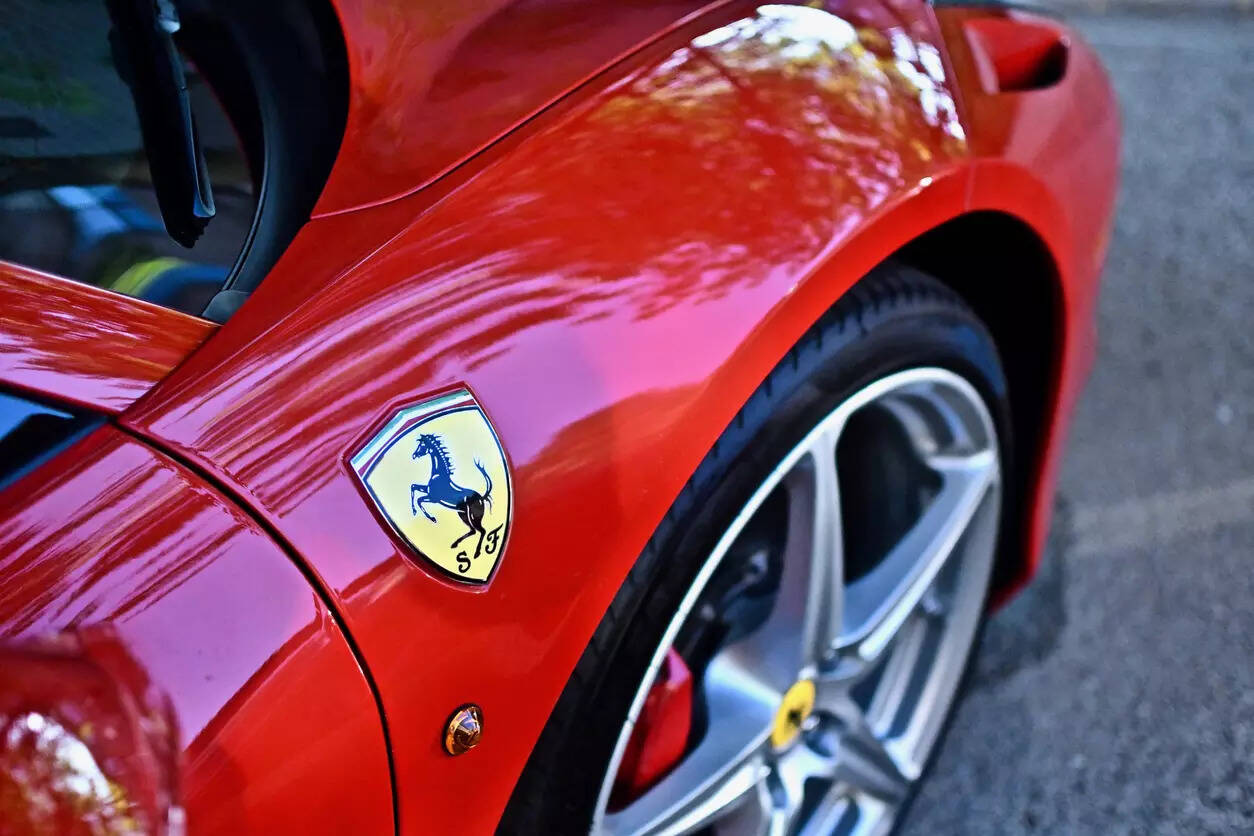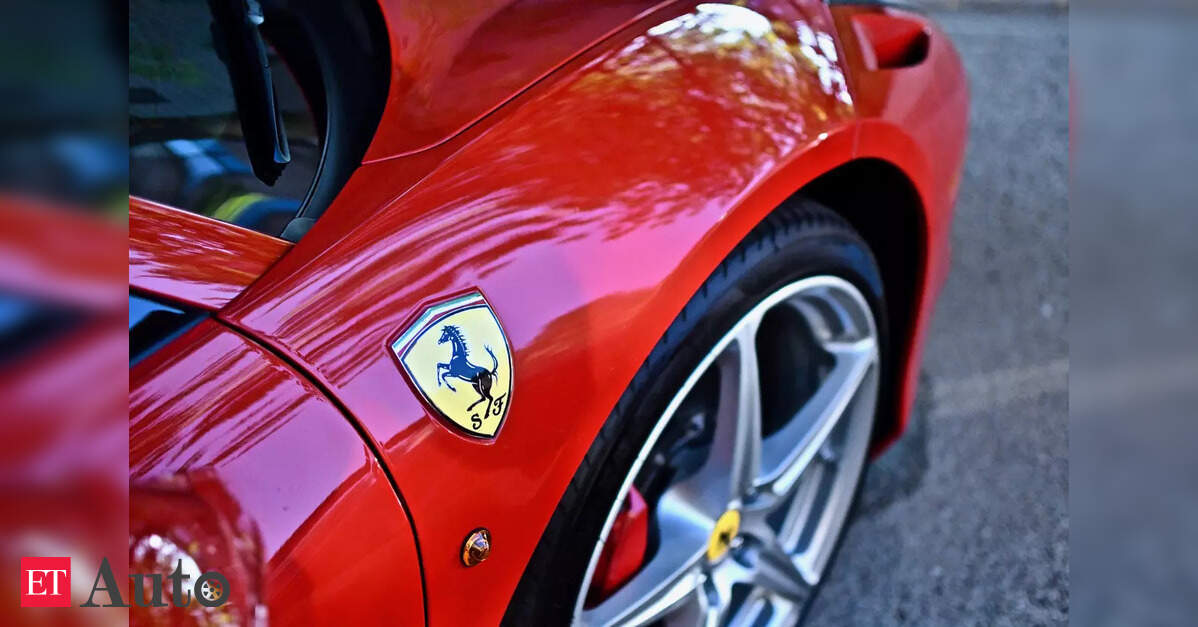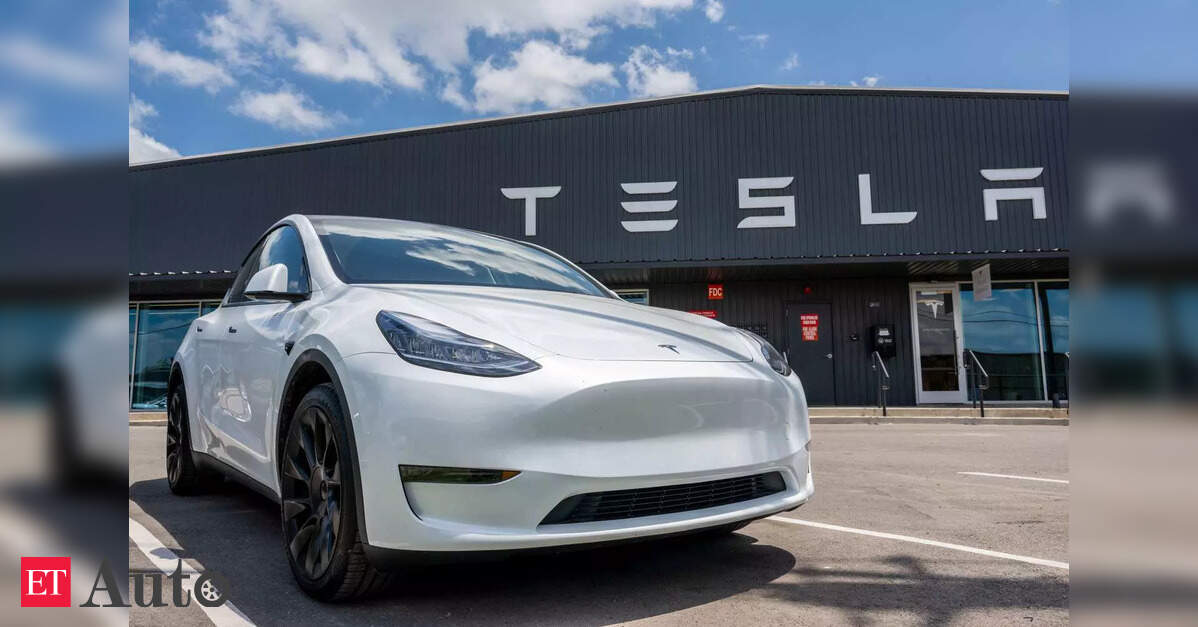
Luxury sports carmaker Ferrari posted a better-than-expected 5 per cent increase in third-quarter core earnings on Tuesday, helped by pricier models in its SF90 XX and 12Cilindri family, driving its shares up as much as nearly 3 per cent.
Increased personalisations – touches requested by buyers at extra cost – also contributed to the result, helping to offset higher U.S. import tariffs, the company said, while vehicle shipments were up 0.5 per cent at 3,401 units. Ferrari’s Milan-listed shares reversed earlier losses after the results to trade up 2.9 per cent before trimming the gains. They were 1.2 per cent up by 1325 GMT.
Analysts at Jefferies said a 5.1 per cent increase in Ferrari vehicles’ average selling price supported the company’s result in the period, despite a slowdown in the deliveries of its Daytona special series model and ahead of first shipments of its new F80, starting in the current quarter.
“Progress on average selling price will be a clear area of focus,” they said in a note.
Ferrari said earnings before interest, taxes, depreciation and amortisation (EBITDA) amounted to 670 million euros ($781 million) in the July-September period.
That topped analysts’ consensus of 649 million euros in a Reuters poll. The Italian company also confirmed its full-year forecasts, which it slightly improved last month when it presented a new long-term business plan.
It expects net revenue of at least 7.1 billion euros and adjusted EBITDA to be at least 2.72 billion euros in 2025.
Before Tuesday’s rebound, Ferrari shares had lost nearly a fifth of their value since its October 9 capital markets day, with analysts and investors disappointed over the company’s long-term financial targets, which were seen as too conservative. Ferrari – which retains a market capitalisation of around 66 billion euros, one of the highest among European automakers – said for 2030 it expected net revenue of around 9 billion euros and adjusted EBITDA of at least 3.6 billion euros. As part of its October capital markets day, Ferrari also unveiled technology which will power its much-awaited first electric car, as the 78-year-old automaker looks to add battery power to its hybrid and petrol-engine models.
The completed new ‘Elettrica’ EV is expected to be presented at a global premiere next year.
“On the product front, we continue to provide our clients with maximum freedom of choice in terms of powertrain,” CEO Benedetto Vigna said.>




